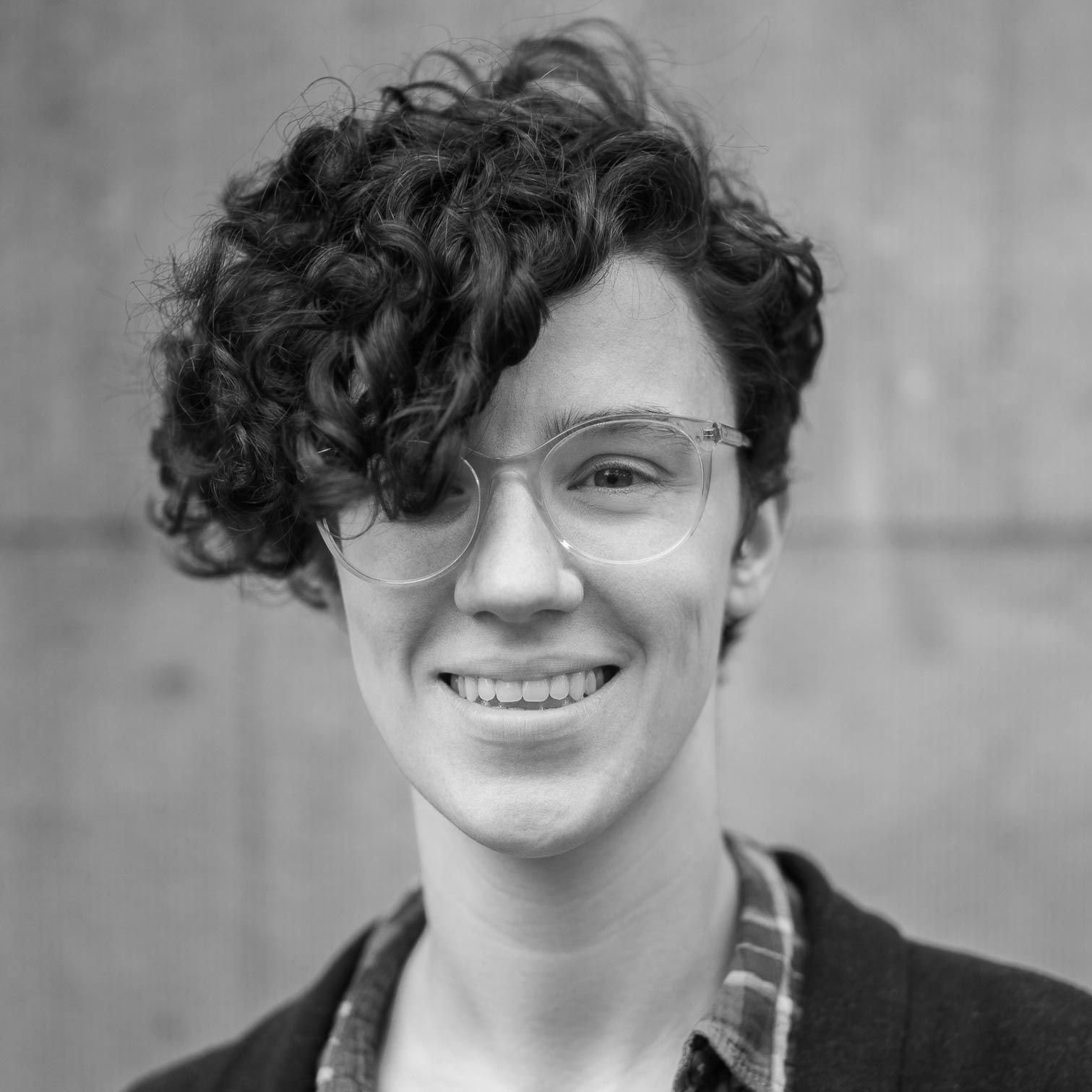
Sanne Kalkman
Developer / Teacher / Crafter
Sanne is a former teacher turned software engineer. Currently, she works at CodeSandbox, where she's one of two Elixir developers responsible for the backend. When she's not coding, you'll probably find her either 25 browser tabs deep into a new CS topic, learning yet another new hobby (the current one is 3d art), or behind her sewing machine.
Past Activities
Code BEAM Europe 2022
09.15 - 10.00
Building Brilliant BEAM Teams
Hiring developers can be a challenge, especially for smaller languages like Erlang or Elixir. When hiring we often focus on finding candidates with the exact right experience, which makes the pool of potential team members is much smaller than it needs to be. By building teams with people of a variety of skill levels and backgrounds, and fostering an environment that encourages learning we can find so many more excellent developers than we otherwise could.
Code BEAM Lite Italy 2019
12.10 - 12.50
Who Takes Out Your Trash?
No matter how clean your code, every program you run creates garbage. Luckily, most of us don’t have to think about taking out our own trash. Garbage collectors simply take care of business, but that doesn’t mean we have to be mystified by how they do their jobs.
OBJECTIVES
It is not in fact magic that takes care of the garbage, and this talk will show you how it’s done. First, we’ll explore how two of the most common garbage collection algorithms, reference counting and tracing, figure out what is ready to be collected. Next, we’ll see how we could get the garbage truck out of the way faster by using a generational algorithm, and finally we’ll have a brief look at how Erlang/Elixir’s garbage collection works.
This friendly introduction to taking out the trash gives an overview of important aspects of garbage collection algorithms. It is specifically meant to be accessible to developers of all levels and you’ll walk away with an understanding of and appreciation for all the hard work that goes on behind the scenes.
Code BEAM STO V
15.20 - 16.00
Who Takes Out Your Trash?
No matter how clean your code, every program you run creates garbage. Luckily, most of us don’t have to think about taking out our own trash. Garbage collectors simply take care of business, but that doesn’t mean we have to be mystified by how they do their jobs.
OBJECTIVES
It is not in fact magic that takes care of the garbage, and this talk will show you how it’s done. First, we’ll explore how two of the most common garbage collection algorithms, reference counting and tracing, figure out what is ready to be collected. Next, we’ll see how we could get the garbage truck out of the way faster by using a generational algorithm, and finally we’ll have a brief look at how Erlang/Elixir’s garbage collection works.
This friendly introduction to taking out the trash gives an overview of important aspects of garbage collection algorithms. It is specifically meant to be accessible to developers of all levels and you’ll walk away with an understanding of and appreciation for all the hard work that goes on behind the scenes.
Code BEAM Lite Amsterdam 2018
11.15 - 11.55
Who Takes Out Your Trash?
No matter how clean your code, every program you run creates garbage. Luckily, most of us don’t have to think about taking out our own trash. Garbage collectors simply take care of business, but that doesn’t mean we have to be mystified by how they do their jobs.
OBJECTIVES
It is not in fact magic that takes care of the garbage, and this talk will show you how it’s done. First, we’ll explore how two of the most common garbage collection algorithms, reference counting and tracing, figure out what is ready to be collected. Next, we’ll see how we could get the garbage truck out of the way faster by using a generational algorithm, and finally we’ll have a brief look at how Erlang/Elixir’s garbage collection works.
This friendly introduction to taking out the trash gives an overview of important aspects of garbage collection algorithms. It is specifically meant to be accessible to developers of all levels and you’ll walk away with an understanding of and appreciation for all the hard work that goes on behind the scenes.